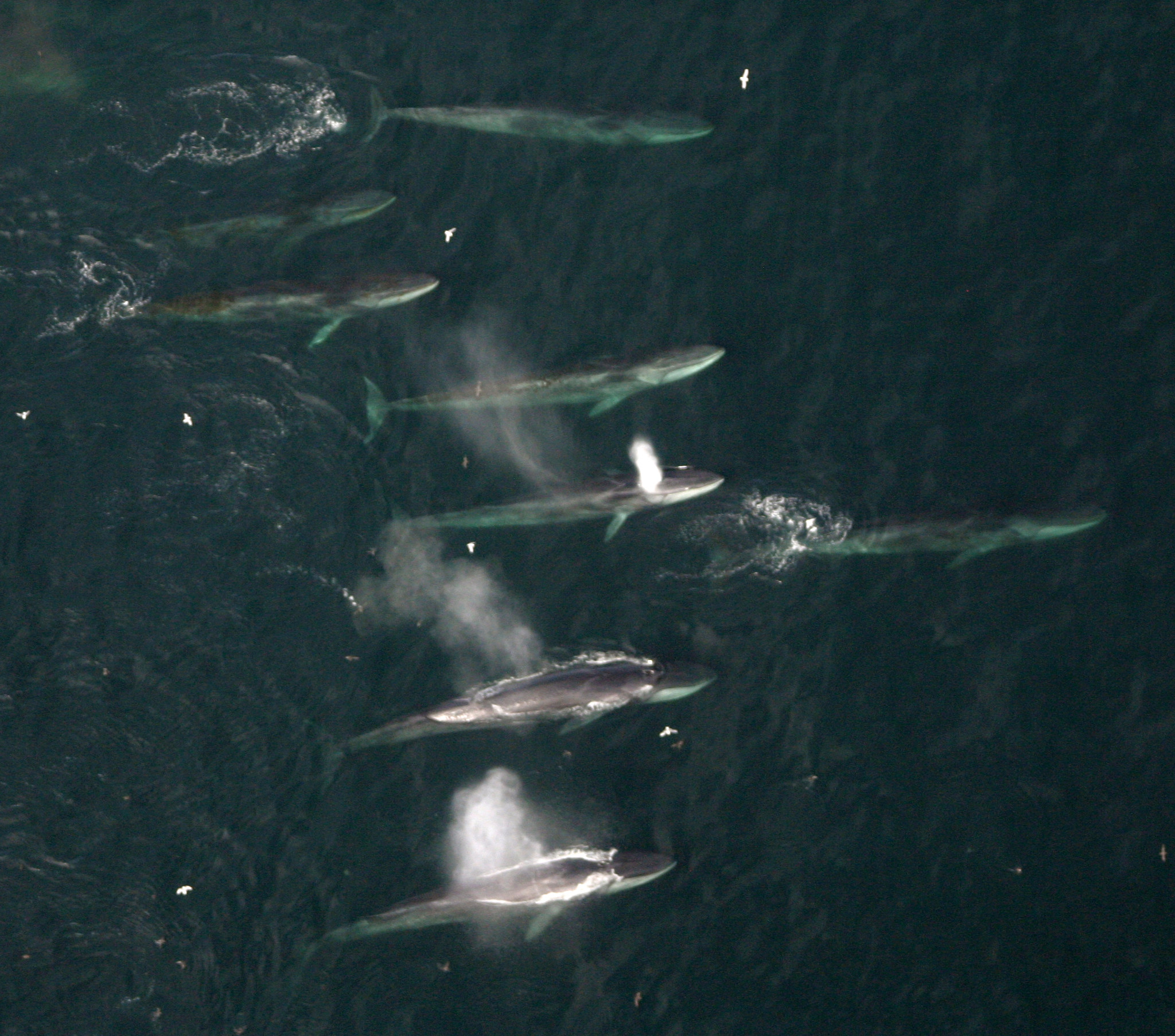Whale sanctuary row exposes a kingdom divided

When the International Whaling Commission, currently meeting in Slovenia, votes next week on a proposal to establish a sanctuary in the south Atlantic Ocean, Denmark, by all accounts, will cast its ballot in favour. Doing so will put it in line with other European states, and say representatives from Greenland and the Faroe Islands, prove once and for all that Copenhagen cannot adequately represent their interests when it comes to whaling.
As non-states, Greenland and the Faroe Islands, where whales continue to be hunted, must be represented at the IWC under the Danish flag. In the past, this has in the past led to allegations of half-hearted efforts on behalf of Copenhagen in order to protect the whaling rights of the two countries.
On Oct. 4, however, Danish lawmakers made it clear that Copenhagen would voice its support for the sanctuary, in direct opposition to the wishes of Nuuk and Tórshavn.
If passed, the sanctuary would be the third of its kind. The existing two are located in the waters around Antarctica, also known as the Southern Ocean. Lawmakers from whaling countries in the north fear, however, that more sanctuaries in their waters will follow.
“I told them during the meeting that the Faroes were opposed,” said Sjúrður Skaale, one of the country’s two representatives in the Folketing, the Danish national assembly. “There is a danger that we’ll start seeing sanctuaries in the North.”
Instead of promoting sanctuaries, the IWC, Skaale suggests, should put more effort into sustainable whaling, which he argues would be in keeping with its original mission. The shift to conservation, he believes, has happened as more non-whaling states have joined the body.
[Along Alaska’s Arctic coast, female whalers are breaking the ‘ice ceiling’]
While generally supporting whaling in Greenland (which is permitted on cultural grounds) and the Faroe Islands (permitted because the whales hunted there are not managed by the IWC), the majority of members of the Folketing are in favour of voting the EU line on protecting whales. This, according to lawmakers from both the two countries, underscores that Denmark is often pulled in two directions, in whaling and in other issues important to them.
“We should stand together in the Kingdom of Denmark and not let EU interests come first,” Aaja Chemnitz Larsen, said during a recent address to the Folketing, where she represents Greenland.
But even though IWC rules require that Greenland and the Faroe Islands appear under the Danish flag during the meetings, the representative does not need to a be Dane, argues to Aleqa Hammond, Greenland’s other representative in the Folketing. Putting a Greenlander in charge, she says, would be more appropriate.
“After all, Greenland is the only member of the kingdom that hunt large whales.”
Such frictions are not new for the kingdom. In 2013, Copenhagen was forced to close its ports to Faroese fishing vessels as part of a dispute with Brussels. In 2014, Tórshavn declined to sign on to Western sanctions against Russia in retaliation for its annexation of Crimea. The decision resulted in accusations that the Faroe Islands was turning its back on the West, but the move has seen a ten-fold growth in Faroese fish exports to Russia.
In the Greenlandic case, dissatisfaction with an arrangement that sees Nuuk’s representative to the Arctic Council sitting at the main table and with its own flag, but in a non-voting capacity as a part of the Danish delegation, led Hammond, while serving as premier, to boycott the 2013 Arctic Council ministerial meeting.
“We’re the only Arctic country in the kingdom,” she said. “Why can’t Greenland lead negotiations on behalf of kingdom when it comes to Arctic issues?”
Doing so would be a reversal of roles, but it would be one Hammond and others with a similar mindset hope will also lead to a reversal of their countries’ fortunes.